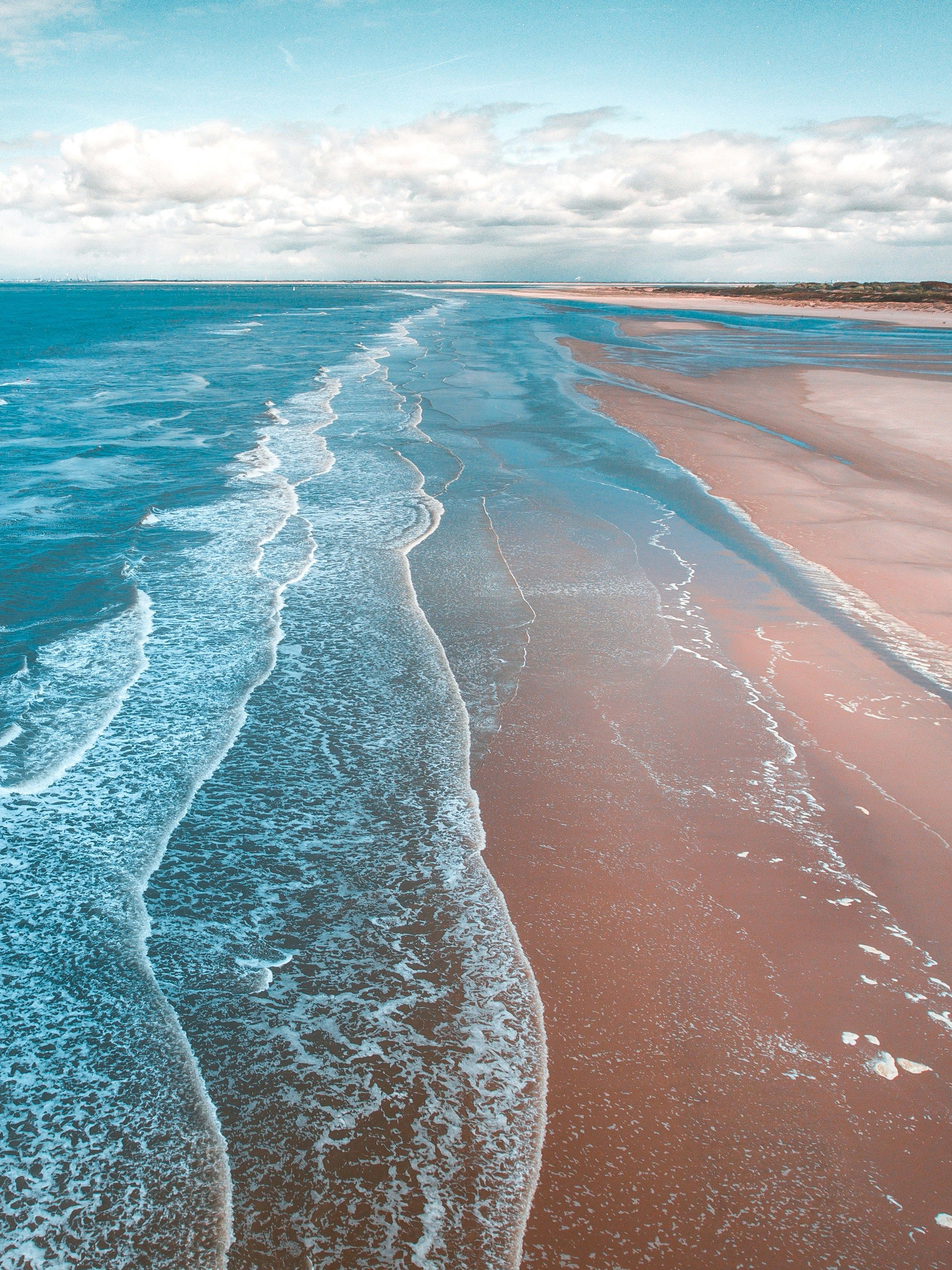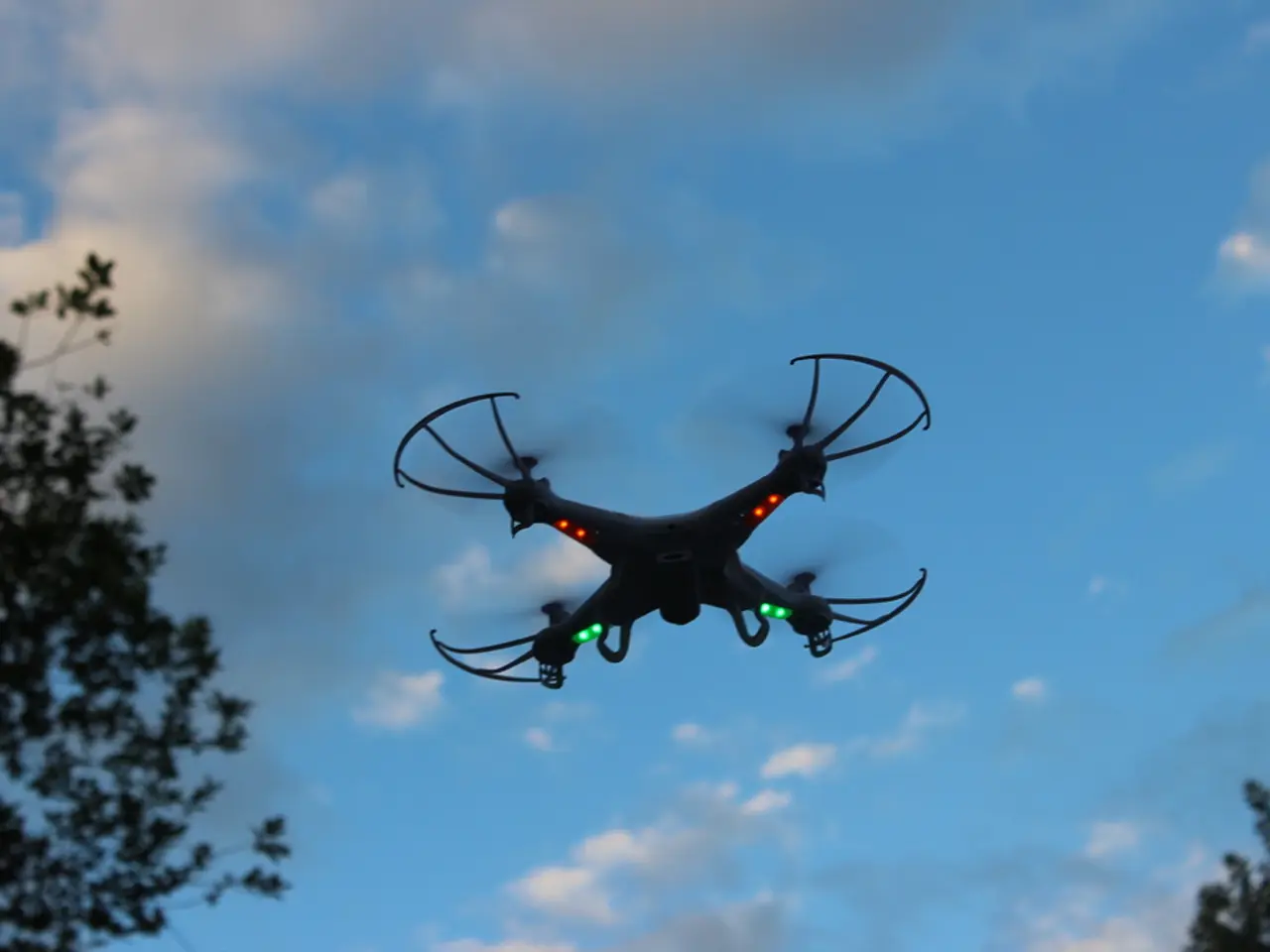Government of Denmark seeks to prohibit sharing deepfake material
Deepfake Bans on the Horizon: Denmark Takes a Stand
- Chat it up, mate!
Denmark is planning to become the first country to ban deepfake content, a move that could make it a trailblazer in the fight against online disinformation.
Advertisement
On a stormy Thursday, the Danish government announced its intentions to legislate against deepfakes and other AI-generated content that distorts or fabricates someone's appearance, voice, or actions without their consent. This decision followed concerns about the damaging impact that deepfakes can have on democracy, public discourse, and individual identities.
Advertisement
Culture Minister Jakob Engel-Schmidt revealed that existing laws are inadequate to deal with such content, and new legislation must be developed. The proposed changes would amend copyright laws to establish rights over one's physical appearance, voice, and likeness.
Deepfakes, a form of synthetic media created using AI, can mimic someone's appearance, voice, or actions convincingly. They take shape as video, audio, andimages.
The aim of the negotiations with other parties will be to outlaw the publication of manipulated content such as deepfakes. This effort reflects an effort to modernize copyright laws to encompass new, false video technologies like deepfakes.
Engel-Schmidt used the example of a video of the prime minister announcing Denmark's withdrawal from NATO as potentially falsifiable content that could be at risk.
Cutting deepfakes at the root
The main objective of the new legislation is to preserve democracy by preventing the dissemination of deepfake videos in which people say things they'd never dare utter in reality. The legislation would also strengthen protections for the general public.
Specifically, the Danish proposal aligns with EU framework and empowers authorities to order technology companies to remove deepfake content from their platforms[1][2][3].
In cases where there is a dispute, this would be a matter for the courts to decide. The law would, however, advocate for a "satire exception" for content clearly labeled as parody or satire[1].
Engel-Schmidt has refuted allegations that the law would infringe upon freedom of speech, insisting that the law's objective is to protect public discourse and uphold the longstanding ban on identity theft[1].
Stepping up to the plate
As the use of deepfakes and other AI-generated content would become increasingly prevalent, it's becoming essential for countries to enact legislation protecting their citizens against the risks posed by such content. Despite the challenges of identifying and regulating deepfakes, Denmark is taking the lead in crafting legislation to mitigate the risks they pose[1].
Comments
Join the discussion! Share your thoughts, questions, and opinions with our community below. Drop us a line at news@our website with any comments or recommendations for our journalists. Let’s keep the conversation civil and open, and don't forget to read our terms of use before joining us[4].
Note: Login is required to comment.
Further Reading
- ** Denmark Takes Step Towards Banning Deepfakes: A Landmark Decision**
- ** Democracy Behind Bars: Deepfakes and the Challenge to Free Speech**
- ** Rights and the Digital Age: When Privacy Meets Public Discourse**
- ** Combating Fakes: Balancing Regulation and Freedom of Speech**
- In an effort to combat online disinformation, Denmark plans to become the first country to ban deepfake content, setting a trailblazing example in the fight against such digital deception.
- Danish Culture Minister Jakob Engel-Schmidt asserts that existing laws are inadequate to manage deepfake content, necessitating the development of new legislation that would encompass rights over one's physical appearance, voice, and likeness under copyright laws.
- The proposed changes aim to outlaw the publication of manipulated content, such as deepfakes, as part of an effort to modernize copyright laws to encompass new false video technologies like deepfakes.
- Engel-Schmidt proposes the legislation to prevent the dissemination of deepfake videos, arguing that the objective is to protect democracy, public discourse, and individual identities.
- The Danish proposal aligns with EU framework and empowers authorities to order technology companies to remove deepfake content from their platforms, with a "satire exception" for content clearly labeled as parody or satire.
- As the use of deepfakes and other AI-generated content becomes increasingly prevalent, it's becoming essential for countries to enact legislation protecting their citizens against the risks posed by such content, with Denmark taking the lead in crafting such legislation.








